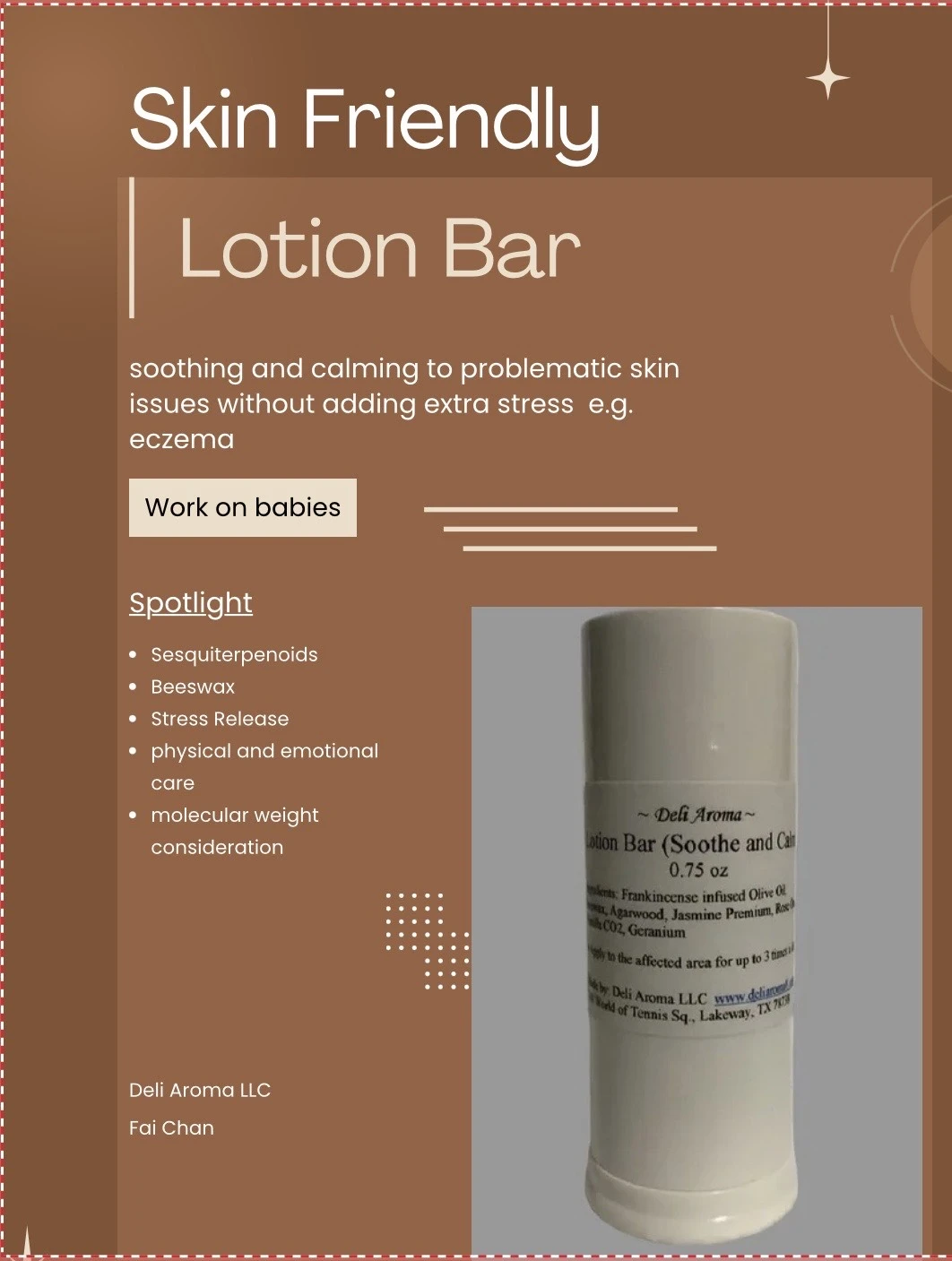Indexed In
- Open J Gate
- Genamics JournalSeek
- ResearchBible
- RefSeek
- Directory of Research Journal Indexing (DRJI)
- Hamdard University
- EBSCO A-Z
- OCLC- WorldCat
- Scholarsteer
- Publons
- MIAR
- Euro Pub
- Google Scholar
Useful Links
Share This Page
Journal Flyer

Open Access Journals
- Agri and Aquaculture
- Biochemistry
- Bioinformatics & Systems Biology
- Business & Management
- Chemistry
- Clinical Sciences
- Engineering
- Food & Nutrition
- General Science
- Genetics & Molecular Biology
- Immunology & Microbiology
- Medical Sciences
- Neuroscience & Psychology
- Nursing & Health Care
- Pharmaceutical Sciences
Abstract
In Vitro Sustained Differentiation of Rat Colon Epithelial Stem Cells
Marwa M Abu-Serie, Maha A El Demellawy, Mohamed El-Sayed and Fatma El-Rashidy
Colonic epithelium composes of various cell types including alkaline phosphate-expressing absorptive, mucussecreting goblet and neuroendocrine cells that are derived from stem cells through asymmetric division. The continuous renewal of stem cells occurs under the highly coordinated cellular redox state. In the current study, based on a comparison with other culture media, colon epithelial cells were able to be sustained in vitro with normal status for more than two months under the chosen culture condition; α-MEM medium containing 20% fetal bovine serum. The cultured epithelial cells had normal doubling time and normal morphological characteristics as examined by transmission electron microscope. Also, these cultured cells contained functional stem cells and maintained their differentiation potency of colon stem cells, compared with freshly isolated mucosal epithelial cells, as indicated by the maintaining of aldehyde dehydrogenase 1B1 expression (11.31 ± 0.45 to 11.15 ± 0.48), ability to reduce silver nitrate, alkaline phosphate activity (0.513 ± 0.007 mU/μg to 0.438 ± 0.005 mU/μg), mucin secretion (34.71 ± 0.714 μg/ml to 32.93 ± 0.357 μg/ml) in appropriate cellular redox state level (-258.4 ± 1.3 mV to -237.4 ± 3.7 mV). The present study showed sustaining replication potential and functional differentiation of colonic epithelial stem cell population in this culture. The above culture system may be useful as an in vitro model for stemness, toxicological, and carcinogenesis studies.


